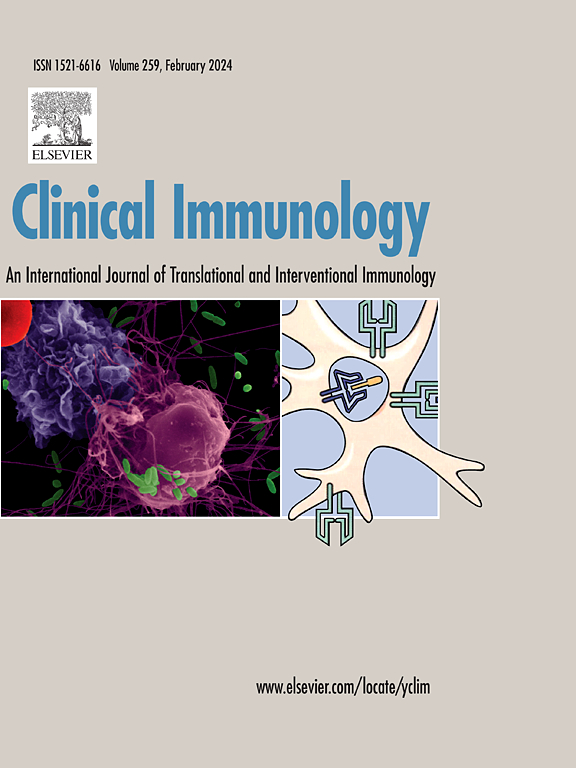CD137 expression and signal function drive pleiotropic γδ T-cell effector functions that inhibit intracellular M. tuberculosis growth
Abstract
Co-activation signal that induces/sustains pleiotropic effector functions of antigen-specific γδ T cells remains unknown. Here, Mycobacteria tuberculosis (Mtb) tuberculin administration during tuberculosis (TB) skin test resulted in rapid expression of co-activation signal molecules CD137 and CD107a by fast-acting Vγ2Vδ2 T cells in TB-resistant subjects (Resisters), but not patients with active TB. And, anti-CD137 agonistic antibody treatment experiments showed that CD137 signaling enabled Vγ2Vδ2 T cells to produce more effector cytokines and inhibit intracellular Mtb growth in macrophages (Mɸ). Consistently, Mtb antigen (Ag) HMBPP stimulation induced sustainable high-level CD137 expression in fresh and activated Vγ2Vδ2 T cells from uninfected subjects, but not TB patients. CD137+Vγ2Vδ2 T-cell subtype predominantly displayed central memory phenotype and mounted better proliferative responses than CD137−Vγ2Vδ2 T-cells. In response to HMBPP, CD137+Vγ2Vδ2 T-cell subtype rapidly differentiated into greater numbers of pleiotropic effector cells producing anti-Mtb cytokines compared to CD137−Vγ2Vδ2 T subtype, with the non-canonical NF-κB pathway involved. CD137 expression in Vγ2Vδ2 T cells appeared to signal anti-Mtb effector functions leading to intracellular Mtb growth inhibition in Mɸ, and active TB disrupted such CD137-driven anti-Mtb effector functions. CD137+Vγ2Vδ2 T-cells subtype exhibited an epigenetic-driven high-level expression of GM-CSF and de novo production of GM-CSF critical for Vγ2Vδ2 T-cell controlling of Mtb growth in Mϕ. Concurrently, exosomes produced by CD137+Vγ2Vδ2 T cells potently inhibited intracellular mycobacterial growth. Furthermore, adoptive transfer of human CD137+Vγ2Vδ2 T cells to Mtb-infected SCID mice conferred protective immunity against Mtb infection. Thus, our data suggest that CD137 expression/signaling drives pleiotropic γδ T-cell effector functions that inhibit intracellular Mtb growth.

 求助内容:
求助内容: 应助结果提醒方式:
应助结果提醒方式:


